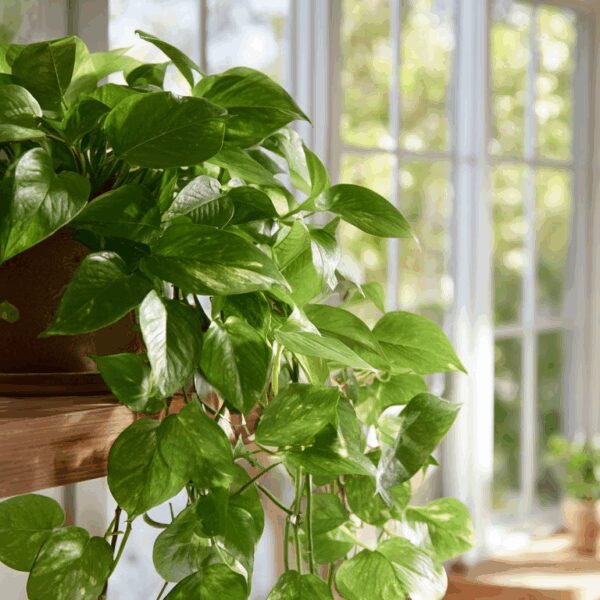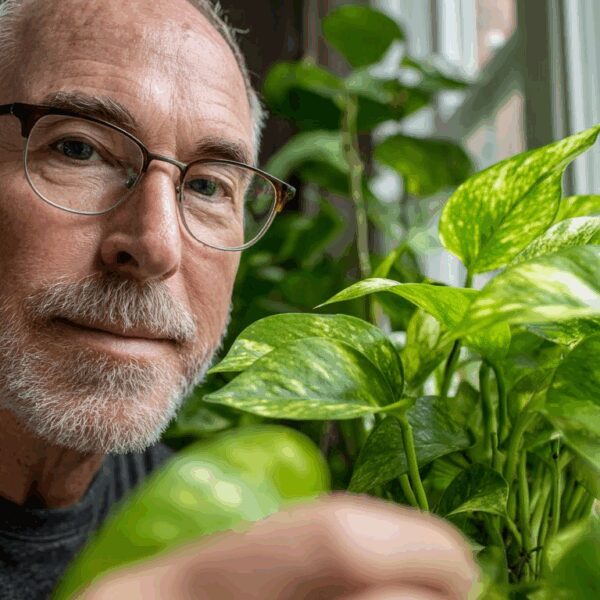Maintaining the ideal temperature in your refrigerator and freezer is essential to ensure the freshness and optimal preservation of food.
Let’s find out together what the ideal temperatures are to maintain to maximize the performance of your appliances.
A well-adjusted refrigerator is essential for storage of foods. By maintaining the right temperature, you can slow the growth of bacteria and prolong the freshness of food and drinks.
On the other hand, a properly set up freezer can store food for months, if not indefinitely.
Ideal temperature for the refrigerator
According to Food and Drug Administration (FDA) of the United States, refrigerator temperatures should be maintained at or below 4°C (40°F). However, the optimal temperature is slightly lower.
Why do your zucchini rot before they grow? Find the answer!
The goal is to keep it between 1.7°C and 3.3°C (35°F and 38°F). This temperature range is cold enough to prevent bacterial growth, but without freezing food.
If the temperature exceeds 4°C, bacteria begin to multiply rapidly, increasing the risk of food poisoning and deteriorating the quality of food.
Ideal temperature for the freezer
The freezer should be set as close to 0°F (-18°C) as possible.
If you are adding a large amount of food, consider using the rapid freezingif available, to quickly lower the temperature and prevent freezer burn.
After a few hours, remember to bring the temperature back to the standard setting.
A freezer that is too cold can cause an increase in your utility bill and a loss of moisture and flavor in your food.
If you notice excessive ice buildup, it could be a sign that the temperature is too cold.
How to measure the correct temperature
Not all refrigerator thermometers are accurate. You may have set your refrigerator to 3°C, but in reality it may maintain a temperature of 1°C or 5°C.
Additionally, some refrigerators adjust the temperature on a scale of 1 to 5, making it difficult to know the exact temperature without a thermometer.
- Buy an inexpensive appliance thermometer online or at a home improvement store.
- Place the thermometer in the refrigerator or freezer and leave it for 20 minutes.
- Check the reading and adjust the temperature accordingly.
Tips for keeping your fridge and freezer cold
If you notice that your refrigerator is approaching the 4°C threshold or the freezer is not cold enough, follow these tips to maintain the ideal temperature:
Let food cool before storing
Hot foods can rapidly heat the confined space of your refrigerator or freezer, increasing the risk of bacterial growth. Let the food cool for a while before putting it away.
Check the door seals
Refrigerator door seals keep the cold in and the heat out. If there is a leak, the refrigerator will have to work harder to maintain the desired temperature, increasing energy consumption.
Avoid opening the door frequently
Every time you open the refrigerator door, the cold comes out and the heat comes in. When you’re hungry, try to grab what you need quickly and close the door immediately.
Keep your refrigerator and freezer stocked
A full refrigerator maintains temperature better than an empty one. The freezer also works the same way. Leave about 20% of the space free for better airflow. Too much crowding can impede air circulation and create uneven temperature zones.
Frequent questions
- What to do if the power goes out
Do not open the refrigerator door. On average, foods will stay fresh for about four hours. If the power outage is prolonged, move perishables to a cooler, bathtub or sink filled with ice.
- Replace or repair your refrigerator?
It depends on the problem. A failed seal is easy and cheap to repair, while a broken compressor could require a significant expense, close to the cost of a new refrigerator.







